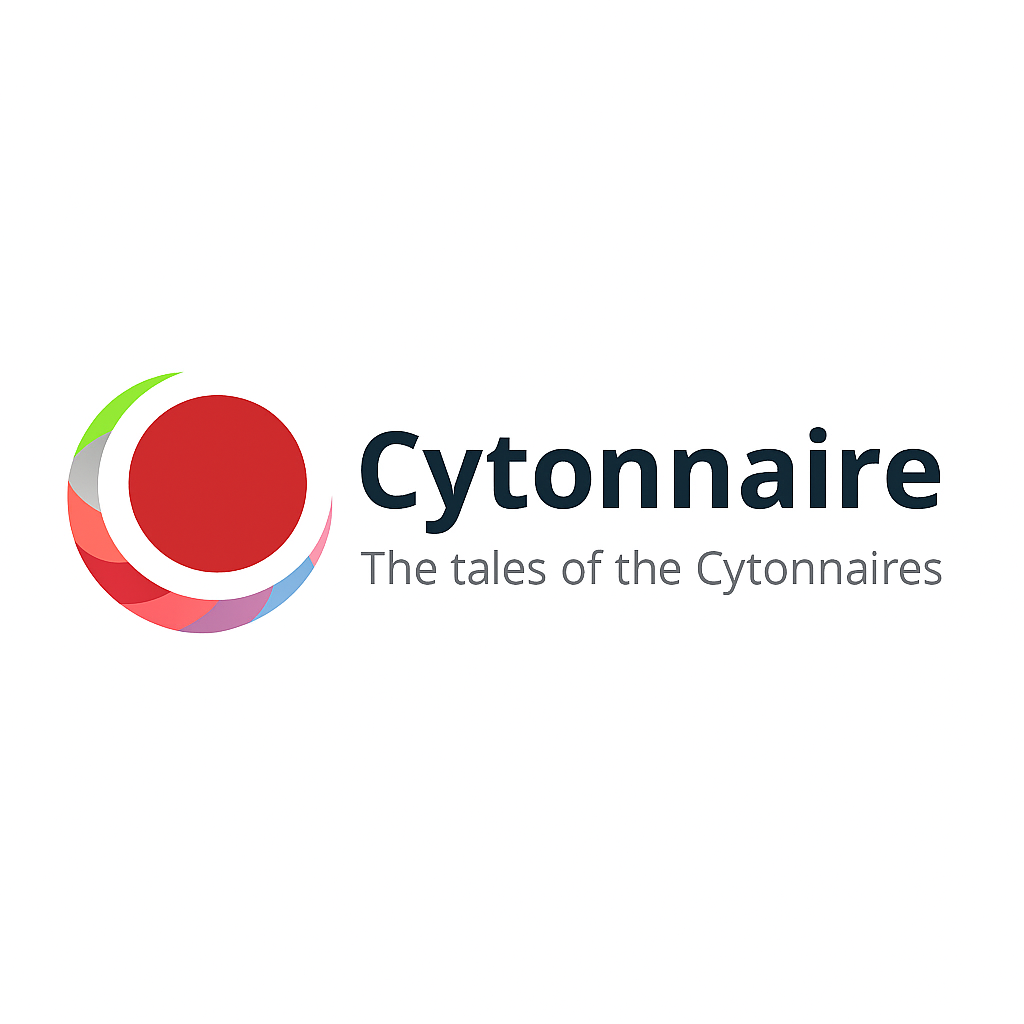
🚨 Cytonn Investments: The Sh15 Billion Scam That Shook Kenya
🏦 The Rise of Cytonn
Founded in 2014 by former Britam executives Edwin Dande, Elizabeth Nkukuu, and Patricia Wanjama, Cytonn Investments positioned itself as a cutting-edge private equity and real estate firm. With slick marketing campaigns and promises of high returns, it quickly attracted thousands of investors. The firm’s branding—inviting people to become “Cytonnaires”—was aspirational, seductive, and ultimately deceptive.
Cytonn’s flagship developments like The Alma, Taraji Heights, and Riverrun were showcased as proof of success, while behind the scenes, the company was defaulting on payouts and shielding assets through opaque legal structures.
🎯 The Products That Fooled Thousands
Cytonn offered two similarly named products:
- Cytonn High Yield Fund (CHYF) – Regulated by the Capital Markets Authority (CMA)
- Cytonn High Yield Solutions (CHYS) – Unregulated and opaque
This naming strategy misled many investors into believing both products were safe. CHYS promised up to 18% annual returns, drawing in over 4,000 investors and raising more than Sh11.1 billion. Cytonn Project Notes (CPN) raised an additional Sh4.1 billion from 886 investors.
However, investors were issued loan notes—not equity—meaning they had no legal claim to the real estate assets when defaults began.
💸 The Collapse and Default
By 2020, Cytonn began defaulting on payments. The firm blamed illiquid real estate assets, but refused to sell or initiate buybacks, raising suspicions of deeper financial mismanagement. Despite mounting investor complaints and regulatory scrutiny, CEO Edwin Dande continued to lure new clients—even as thousands were already trapped in defaulted schemes.
🕵️♂️ Complex Corporate Web
Investigations revealed a maze of Limited Liability Partnerships (LLPs), most 99% owned by Cytonn and 1% by Dande or close associates. This structure allowed centralized control and raised serious concerns about transparency and conflicts of interest. Cytonn’s use of Special Purpose Vehicles (SPVs) allowed it to collect investor funds through CPN and lend them to real estate projects via loan notes—making it nearly impossible for investors to claim ownership or force asset sales.
🔫 Gun Drama and Title Deed Chaos
During a liquidation dispute over The Alma, armed guards reportedly blocked court-appointed liquidators from accessing the property. The standoff involved threats, intimidation, and a dramatic clash over title deeds. This incident underscored the murky ownership structures and the lengths to which Cytonn insiders would go to protect their interests.
⚖️ Legal Reckoning: Supreme Court Clears Path for Prosecution
The Supreme Court of Kenya dismissed an appeal by Dande, Nkukuu, and Wanjama, paving the way for their criminal trial over alleged theft of Sh1 billion from Britam Asset Managers. The court ruled that they must face charges in the Chief Magistrate’s Court and challenge the evidence during trial.
🧾 Liquidation Orders and Investor Payouts
The High Court ordered the liquidation of Cytonn’s real estate arm, rejecting attempts to extend the term of its administrator. Justice Alfred Mabeya criticized the administrator’s cozy relationship with Cytonn insiders. The court also ruled in favor of individual investors like Esther Wangui, who won a Sh2 million payout after arbitration.
📣 Public Pressure Mounts
Social media platforms like Facebook have become rallying points for victims, with Nation Media’s post about Dande’s continued client recruitment drawing hundreds of angry comments. Many called for criminal charges, asset freezes, and government intervention.
🚨 Ongoing Threat: The Scam Continues
Despite court rulings, liquidation orders, and widespread media exposure, Cytonn continues to solicit and lure unsuspecting investors into its ever-changing con game. The firm frequently rebrands its offerings, shifts investment vehicles, and uses legal technicalities to evade accountability. This persistent behavior highlights the urgent need for regulatory enforcement and public vigilance.
🧭 What Needs to Change
- Stronger regulation of private investment schemes
- Clearer public education on financial products and risks
- Accountability for executives who exploit legal loopholes
- Investor compensation mechanisms for fraud victims
🔍 Key Takeaways
- Over Sh15 billion raised from unsuspecting investors
- Thousands of victims, including retirees and professionals
- No legal recourse due to unregulated investment structures
- Real estate assets shielded from investor claims
- Cytonn continues to operate and recruit despite legal challenges